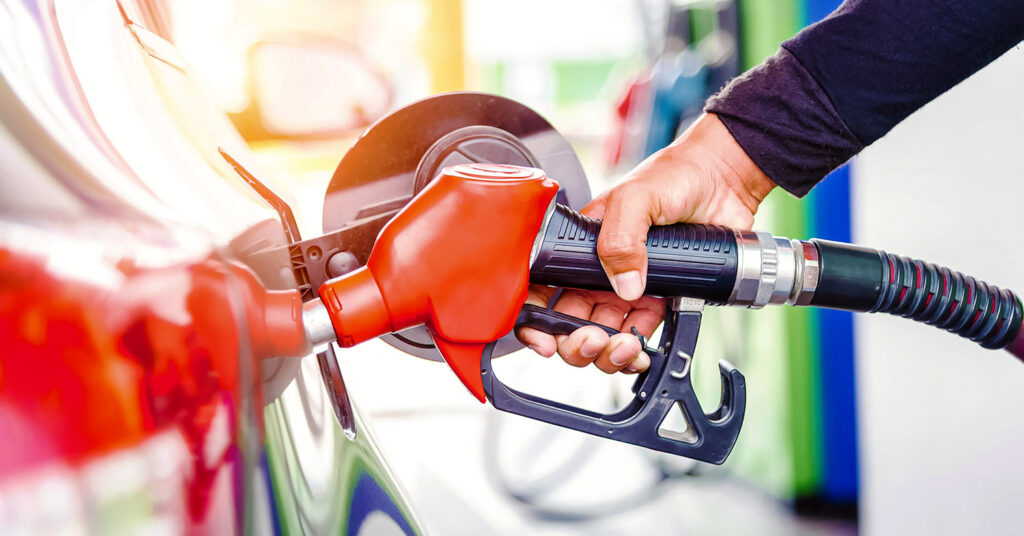Leaded gasoline is now banned worldwide.
Algeria, the last country to sell the particularly harmful fossil fuel, stopped stocking leaded gasoline at its petrol stations in July of this year after finally exhausting its existing stocks.
The United Nations Environment Programme (UNEP) announced on Monday that the official end of the leaded petrol era will prevent over 1.2 million deaths and save $2.45 trillion per year.
“The successful enforcement of the ban on leaded petrol is a huge milestone for global health and our environment,” says Inger Andersen, Executive Director of UNEP.
“Overcoming a century of deaths and illnesses that affected hundreds of millions and degraded the environment worldwide, we are invigorated to change humanity’s trajectory for the better through an accelerated transition to clean vehicles and electric mobility,” adds Andersen.
Finally, a global leaded gasoline ban
Since 1922, the use of tetraethyllead to improve engine performance in gasoline vehicles has had a huge impact on both the environment and human health.
According to the WHO, tetraethyllead has caused more lead exposure worldwide than any other source via contaminated air, food, and water. Studies link such exposure to increased risk of cancer, strokes, and heart disease, with particular danger to children and young people.
The majority of wealthy countries restricted the use of leaded gasoline by the 1980s, but many developing nations still relied on the fuel well into the 2000s.
Even after bans, lead pollution persists. In London, up to 40 percent of the lead in airborne particles today comes from leaded gasoline, more than 20 years after it was banned. Household items such as paint and batteries still contain the poisonous substance.
What happens next?
The celebratory news follows nearly 20 years of campaigning by UNEP and partners for a comprehensive leaded gasoline ban. However, the group also highlights the need for completely zero-emission vehicles to truly address the dual issues of climate change and air pollution.
Currently, the transport sector is responsible for nearly 25 percent of all energy-related greenhouse gas emissions worldwide. Approximately 1.2 billion additional vehicles will hit the road by 2030, increasing the industry’s contributions to 33 percent of the total by 2050.
“That a UN-backed alliance of governments, businesses and civil society was able to successfully rid the world of this toxic fuel is testament to the power of multilateralism to move the world towards sustainability and a cleaner, greener future,” says Andersen.
“We urge these same stakeholders to take inspiration from this enormous achievement to ensure that now that we have cleaner fuels,” she continues. “The combination of cleaner fuels and vehicles can reduce emissions by more than 80 percent.”
President Joe Biden recently outlined plans to cut emissions and pollution from traditional gas cars and trucks over the next ten years. He will soon sign an executive order requiring 50 percent of all new vehicles sold in 2030 to be zero emissions. Meanwhile, the UK plans to completely ban new fossil fuel car production by the same year.
Manufacturers including BMW, Ford, Honda, Volkswagen, Volvo, Ford, GM, and Stellantis all now back the electrification of the industry to some extent.


